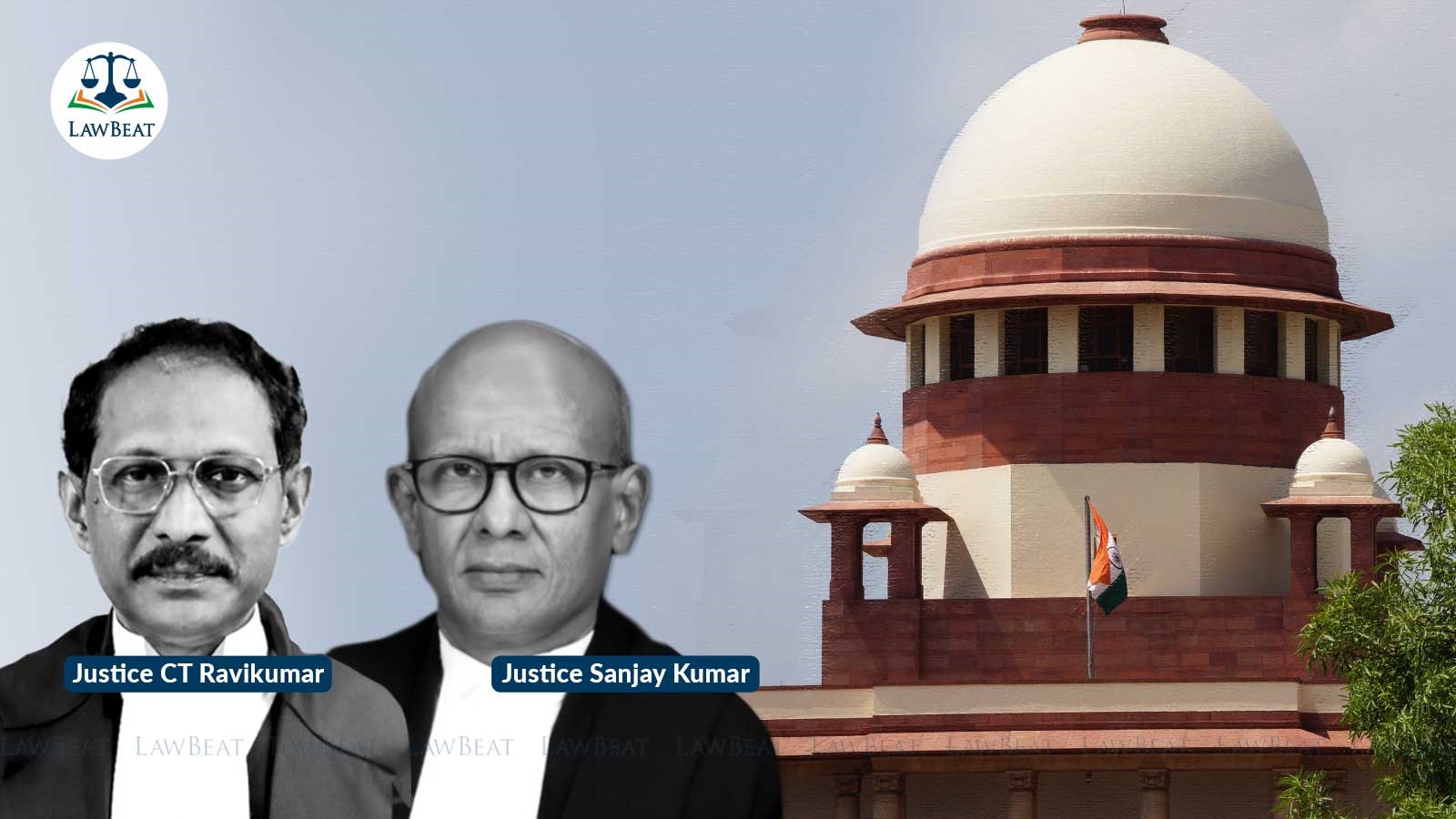'Shylockian attitudes': SC decides to regulate growing menace of money lending business

Court decided to implead suo motu Union government and Delhi government and issued notice, returnable on August 23, 2024 in the matter
The Supreme Court has decided to regulate the informal money lending business ongoing in the country in breach of money lending laws, resulting in huge tax evasion and forcing laymen to commit suicide.
"We are mainly peeved and pained by instances where ordinary laymen take such loans and are at last driven to streets or driven to commit suicide, on account of lenders entertaining Shylockian attitudes. We will regulate such instances and rescue the hapless who happen to borrow loans and then are doomed in debts," a bench of Justices C T Ravikumar and Sanjay Karol said.
The apex court decided to implead suo motu the Union government and Delhi government and issued a notice, returnable on August 23, 2024, in the matter.
"We have taken this extraordinary step in this matter taking note of a growing menace to society. Lending money on interest without any license, and on some security like cheques or title deeds of property, partakes of a character not, in essence, different from ‘money lending business’," the bench said.
The court noted the definition under the Punjab Registration of Money Lenders Act, 1938, will not take an instance of lending money for interest on accepting some security such as cheques or title deeds of a property within the sweep of the business of money lending.
In other words, in order to constitute such action as ‘business’, the person concerned must have been effecting continuous transactions of such nature, the court pointed out.
"We may add that the Shylockian attitude sans shame continues in such instances and more often than not, despite repaying the amount actually advanced, the borrower is constrained to pay sometimes double the amount or more, towards interest. To fall outside the purview of money lending business laws, prudently (or cunningly?) some such lenders avoid continued transaction and give huge loans only for interest, intermittently," the bench said.
The court here was dealing with a special leave petition filed by Hindi film director and producer Raj Kumar Santoshi against the Delhi High Court's order of March 14, 2024, related to a dispute over the repayment of a "friendly loan" to the tune of Rs 85 lakh advanced to him by respondent Prashant Malik.
"We are coming across cases where such so-called friendly advances are in crores...In cases where huge amounts involve such as Rs 50 lakhs as also in crores, besides overreaching of the provisions under money lending laws huge evasion of tax may also involve," the bench said.
The High Court had declined to quash summons issued to Santoshi in a case filed under the provisions of the Negotiable Instruments Act.
In his plea, the petitioner stated he and the respondent knew each other. The petitioner, being a film director and producer, was preparing to make a movie named 'Saragarhi'.
The respondent approached the petitioner with an offer to invest Rs two crore in the said movie. The petitioner accepted the offer and the respondent was required to pay the whole amount by December 2018, but he paid Rs 35 Lakhs only. When the petitioner reminded him about the promise of investment, he with malafide intention denied to invest more, stating reasons of financial condition. Thereafter, the petitioner returned an amount of Rs four lakhs only as part payment on request and insistence of the respondent out of the total invested amount of Rs 35 lakh.
"However, to the utter shock and surprise of the petitioner, the respondent presented the security cheques given by him to the tune of Rs 45 Lakhs only, which clearly shows the ulterior motive of the respondent," he contended.
Santoshi was represented by senior advocate Manan Kumar Mishra and advocate Durga Dutt, and the respondent by advocate Vijay Kumar.
Case Title: Raj Kumar Santoshi Vs Prashant Malik
